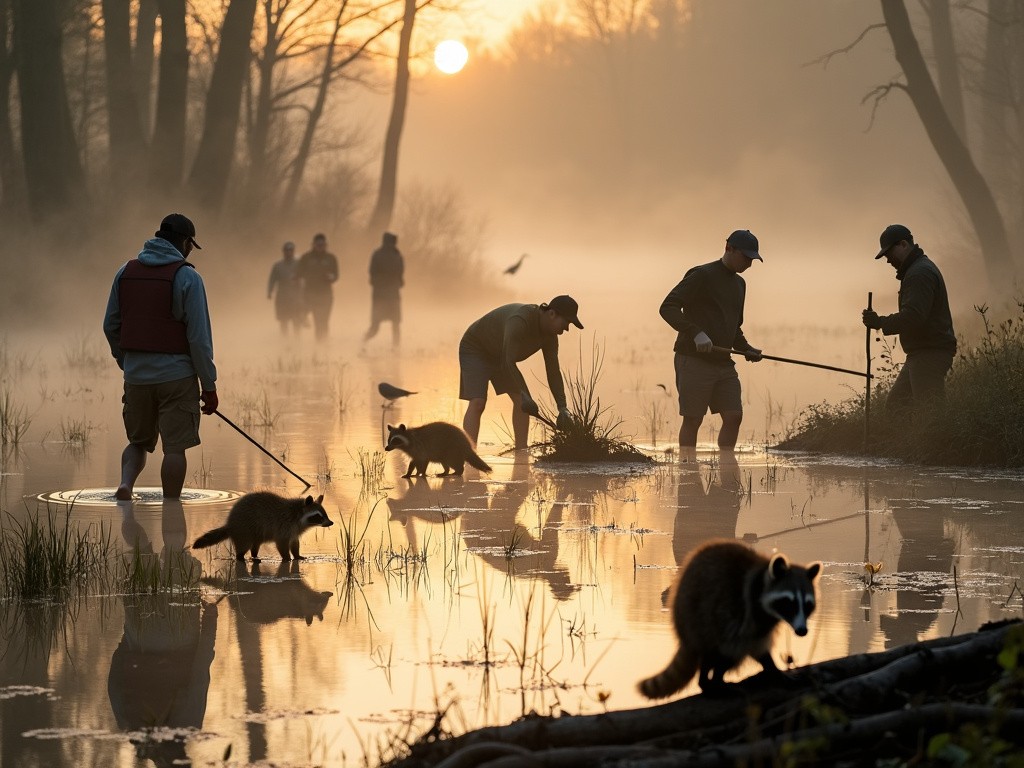Have you ever wondered why we travel? Is it to share photos on social media, or to escape the fatigue of daily life? In the summer of 2023, I chose a different way to travel—teaching in remote mountainous areas of Nepal. This wasn't an ordinary trip, but an experience that changed my understanding of travel.
I remember when I first arrived at Kathmandu airport, I was hit by the strong smell of spices and the constant honking of car horns. There were no Chengdu hotpot restaurants here, no Shanghai skyscrapers, just stray dogs visible everywhere on the streets and vendors hawking their wares.
Many people ask me, why choose Nepal? Actually, this choice wasn't random. Before deciding to go to Nepal, I spent three whole months preparing.
First was choosing an organization. After comparing nearly 20 international volunteer organizations, I finally chose one that had been rooted in Nepal for ten years. They not only had a comprehensive volunteer training system, but more importantly, they had established long-term stable partnerships with local communities. Data shows that over the past five years, the organization has sent more than 3,000 volunteers, helped establish 15 rural schools, and trained over 200 local teachers.
Second was improving personal capabilities. I enrolled in a month-long online TEFL (Teaching English as a Foreign Language) course to learn basic teaching techniques. Meanwhile, I also taught myself some everyday Nepali phrases, such as "Namaste" (hello) and "Dhanyabad" (thank you).
Dreams are full, reality is stark. On my first day at the mountain school, I encountered unexpected difficulties.
The classrooms had no air conditioning, even fans were a luxury. Every morning at 7 AM, children would walk in from all directions, some walking two hours on mountain paths. 45 students in the class shared 20 textbooks, and many children didn't even have basic school supplies.
Most shocking was that in 2024, 40% of school-age children here still hadn't received formal education. According to local education department statistics, the enrollment rate for girls in this region was only 55%, far below the national average of 78%.
But under these harsh conditions, I witnessed the power of education.
There was a girl named Priya, whose family had a small potato field, and her father worked in India year-round. On the first day of school, she sat timidly in the last row. Three months later, she could not only have simple conversations in English but often actively helped other students.
I began trying innovative teaching methods. For example, using local common items to teach English vocabulary, and using folk stories to teach reading comprehension. Gradually, the classroom filled with laughter. By the end of the semester, the class's English pass rate had improved from 35% to 72%.
The six months of volunteer teaching gave me many unexpected gains.
First was a change in perspective. Previously, I always thought volunteers were "giving charity," but now I understand it's actually two-way learning and growth. The locals taught me how to stay happy in materially scarce environments and how to express kindness in the simplest ways.
Second was capability improvement. I not only improved my teaching ability but more importantly learned cross-cultural communication. While cooperating with local teachers, I deeply experienced the importance of respect and inclusiveness.
Finally was a change in life attitude. After seeing real poverty and experiencing real challenges, when I returned to city life, my views on many things had changed.
If you also want to try volunteer travel, I have the following suggestions:
First, be careful in choosing an organization. It's recommended to check the organization's registration information, past project evaluations, and volunteer feedback. Based on my experience, a reliable organization should provide detailed project descriptions, complete training systems, and clear cost breakdowns.
Second, prepare thoroughly. Besides professional skills training, you need to understand local cultural customs. For example, in Nepal, passing things with your left hand is impolite; you must remove shoes when entering temples; you should wash hands before eating.
Third, adjust your mindset and expectations. Volunteer travel isn't a vacation, but a responsibility. You may encounter various difficulties and challenges, so you need to be psychologically prepared.
Fourth, pay attention to safety issues. Before departure, purchase appropriate insurance, prepare necessary medicines, and record contact information for local medical facilities. During my time in Nepal, I was hospitalized once due to unfamiliarity with local conditions, fortunately covered by insurance.
Looking back on this experience, my deepest feeling is: real travel isn't just about seeing scenery, but about experiencing life.
In this small school at the foot of the Himalayas, I found another possibility for travel. It's not about hurriedly checking off destinations, but about deeply participating in life; not about simple giving, but about equal exchange and growth.
Have you thought about trying a different way to travel next time? Perhaps a volunteer trip will give you a completely different perspective, letting you see another side of this world.
 Previous
Previous



